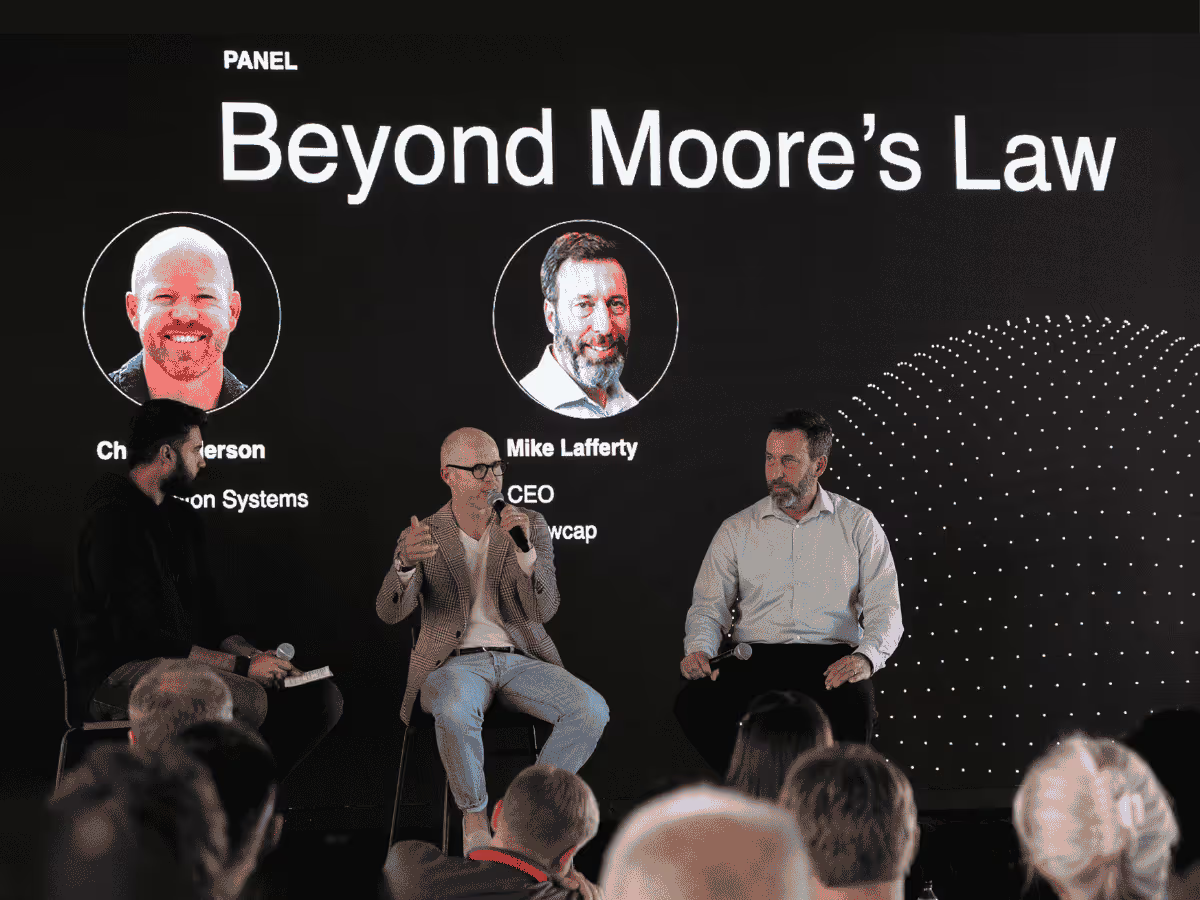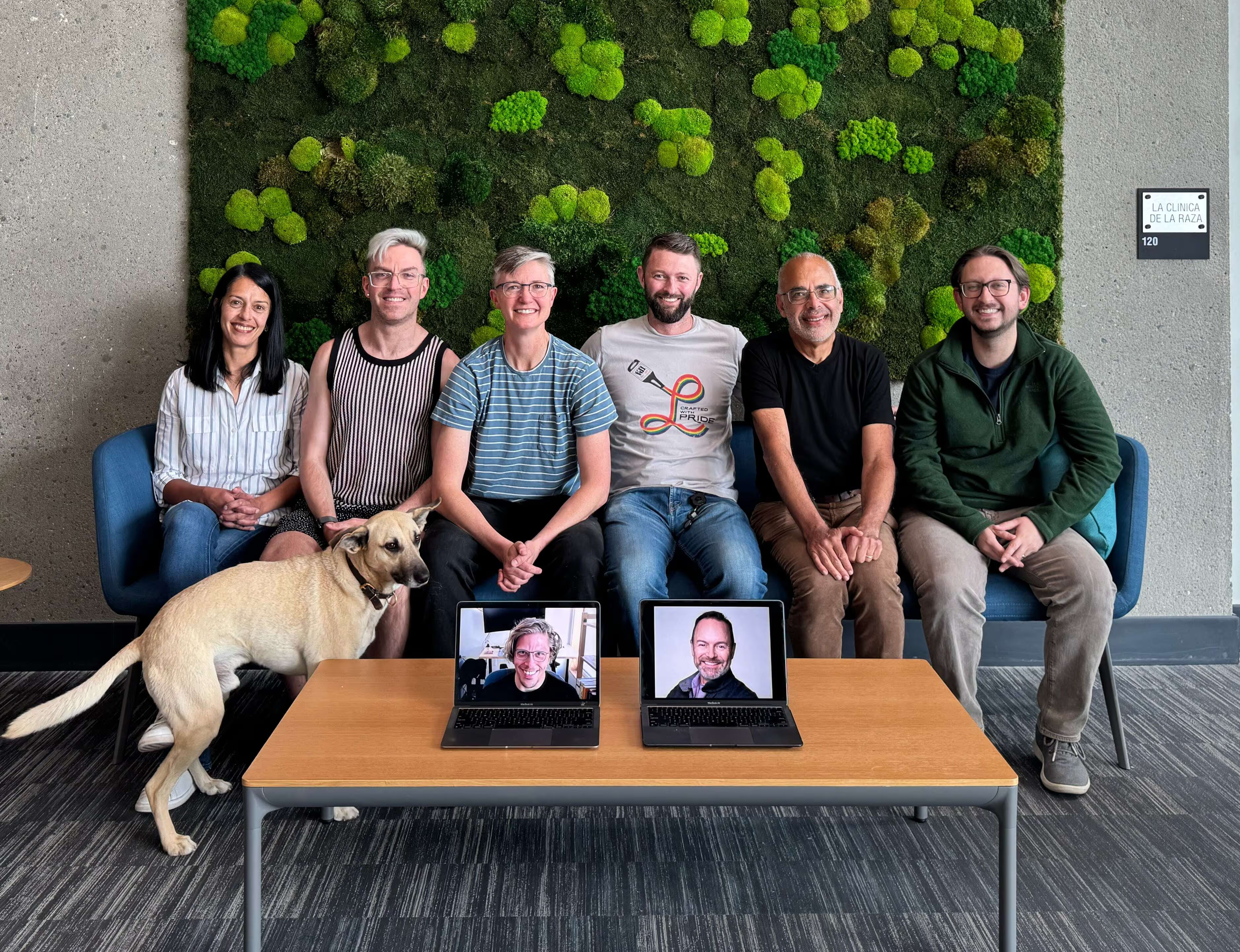The life sciences portfolio we’ve been constructing currently has two prominent themes: The first is investments in platform therapeutics companies; the second is investments in biophysical analytic tools companies.
Until recently, therapeutics development was about biology searching for existing needles in nature’s haystack, which were typically very artisanal, labor intensive, and resulted in single assets per company. As new technologies such as compute, automation, new assays, and synthetic biology have been brought to bear in therapeutics, the landscape is rapidly changing.
A Smarter Approach To Therapeutics
Playground Global seeks to back companies that have a very different profile compared to legacy players. It’s not just drug discovery, but full stack refactoring of the entire drug development process. Playground’s life sciences companies employ synthetic biology approaches to explicitly program biology in a manner that is much more like software. The drug’s behavior can be controlled, and we can instantiate novel functions in those drugs. Those functions can then be used to go beyond what nature has previously allowed us to control.
An area we’re really interested in is the fundamentally modular aspect of these programmable platforms, which means that they generate not just a single asset, but a whole pipeline of assets, and those assets can be broadly applicable across many disease indications.
Examples include:
- Strand Therapeutics, which is making mRNA therapies safer and more effective by programming the location, timing, and intensity of therapeutic protein expression inside a patient’s body using mRNA-encoded logic circuits.
- Outpace Bio, which has developed an artificial protein switch that can work inside living cells to modify and control the cell’s complex internal circuitry and will make cell therapies safer and more effective.
- Manifold Bio, which uses a proprietary targeted proteomics technology to simultaneously measure 100s-1000s of protein molecules in vivo to unlock the promise of logical gate and other complex behaviors in antibody therapies.
Going forward, we think this theme of synthetic biology driving programmable therapeutics platforms extends across other modalities as well. Current areas of active inquiry include antibody drug conjugates (ADCs) and natural killer cells (NK cells).
Biophysical Analytics and Instrumentation
For centuries, the tools available to observe biology were crude. The optical microscope was invented in the 16th century. It took 300 years for the discovery of X-ray imaging at the tail end of the 19th century. The latter half of the 20th century saw the development of increasingly sophisticated instrumentation to visualize, measure, and quantify biology — things like CT scans, PET scans, MRI, gene sequencing, and rudimentary proteomics.
As we enter the 21st century, these new capabilities are borderline miraculous, but they’re now hitting technical walls in cost and performance. The way forward requires entirely new architectures to both uplevel existing tool sets and to create new bioanalytical categories. It’s imperative to find ways to achieve orders of magnitude improvements and figures of merit, like performance cost, and also sheer scale of measurements that are possible.
These breakthroughs allow new entrants to not only take over existing large existing markets, but to dramatically expand the application space and substantially grow the size of the commercial opportunity while improving patient outcomes. Examples from our portfolio include:
- Manifold Bio, which is on both the therapeutics platform side and the tool side. They’ve developed a novel proteomics technology that leverages next-generation sequencing (NGS) applied to developing protein therapeutics. They can currently precisely measure hundreds and soon thousands of drugs in a single animal simultaneously. This enables both better clinical outcomes — so more approved drugs with less risk, but also a step function in the potential for antibodies to address so-called “Grand Challenges.”
- NVision is making quantum contrast agents for MRI. They have facilitated a >1000x improvement in the strength of MRI signatures, which enables metabolic imaging, which can in turn be employed in quantum-enhanced MRI to replace radioactive CT scan and PET scans that are currently used. In short, it enables safer, more effective and safer monitoring of patient responses to cancer and other therapies during and after treatment.
- Ultima Genomics recently emerged from stealth after six years of quietly building a new high-throughput low-cost sequencing platform called UG 100 that can analyze a complete human genome for only $100 — a breakthrough in the fields of cancer research and precision medicine. This price breakthrough of industrial scale high performance NGS is a major milestone for the industry because routine adoption of sequencing for research, diagnosis and eventually routine care has been severely constrained by the high cost of incumbent legacy sequencing technologies.
Transforming Our Everyday Lives
We are really pleased with the strong performance to date of these themes and our life science portfolio. And we’re looking to build on the success in our next round of investments and beyond. We firmly believe advances in life sciences can transform economies and society — helping us tackle the next wave of global challenges and fundamentally improve human health. There are companies actively working transformative technologies today. Playground Global remains committed to meeting some of the world’s toughest challenges head-on by investing in the best science and people who are able to translate science into life-saving reality.
Learn more at https://playground.global


.png)
.png)

